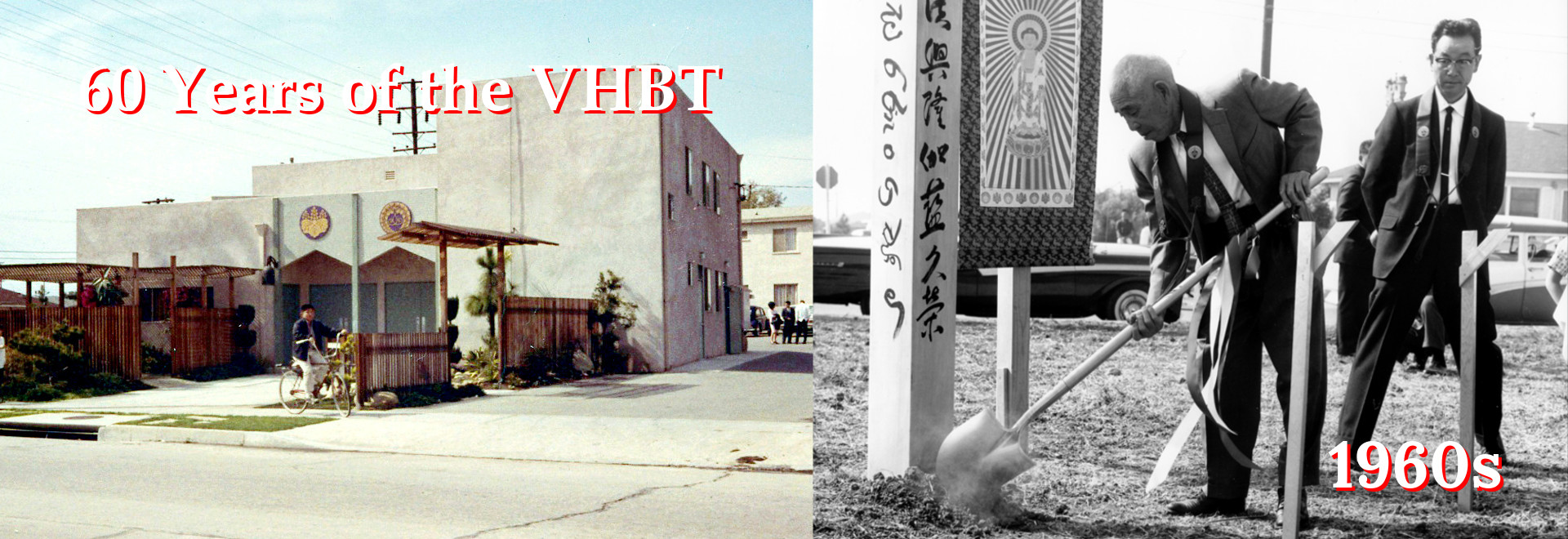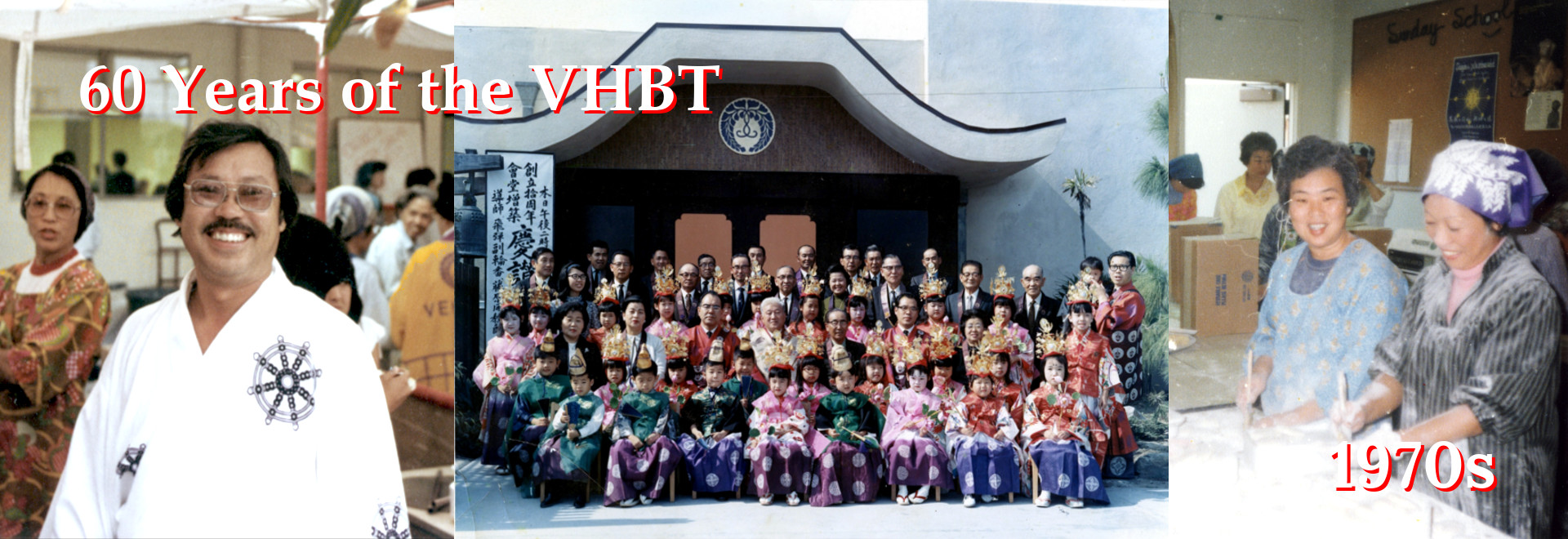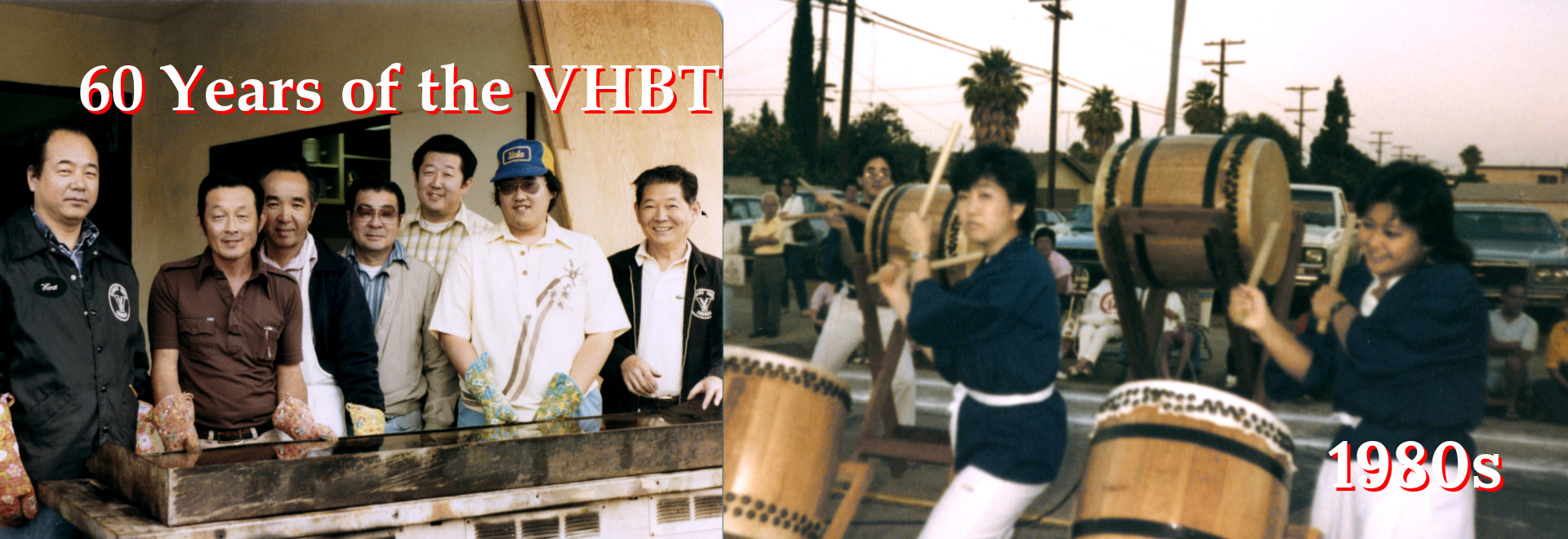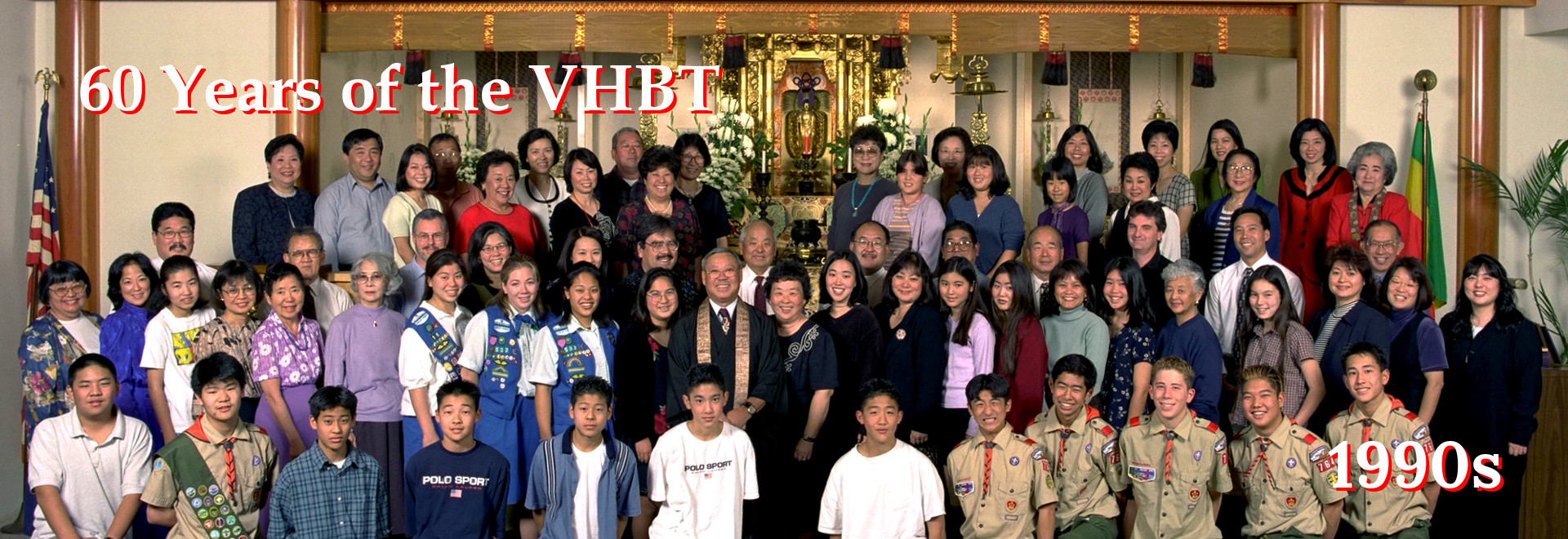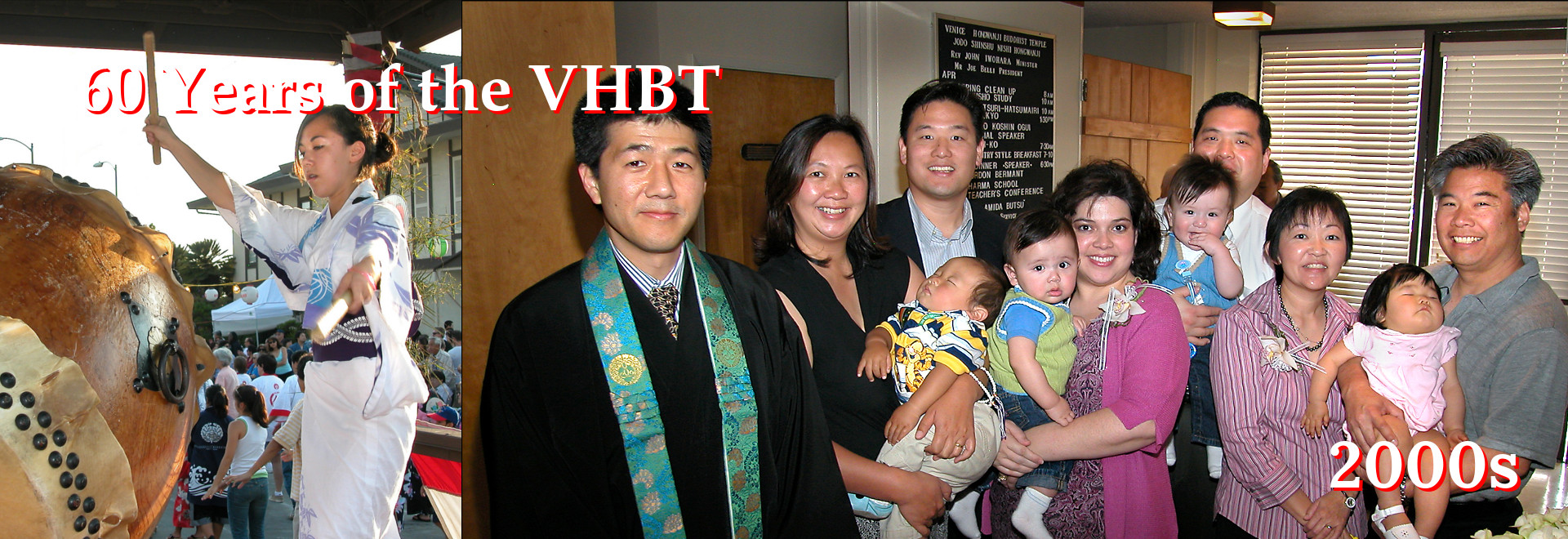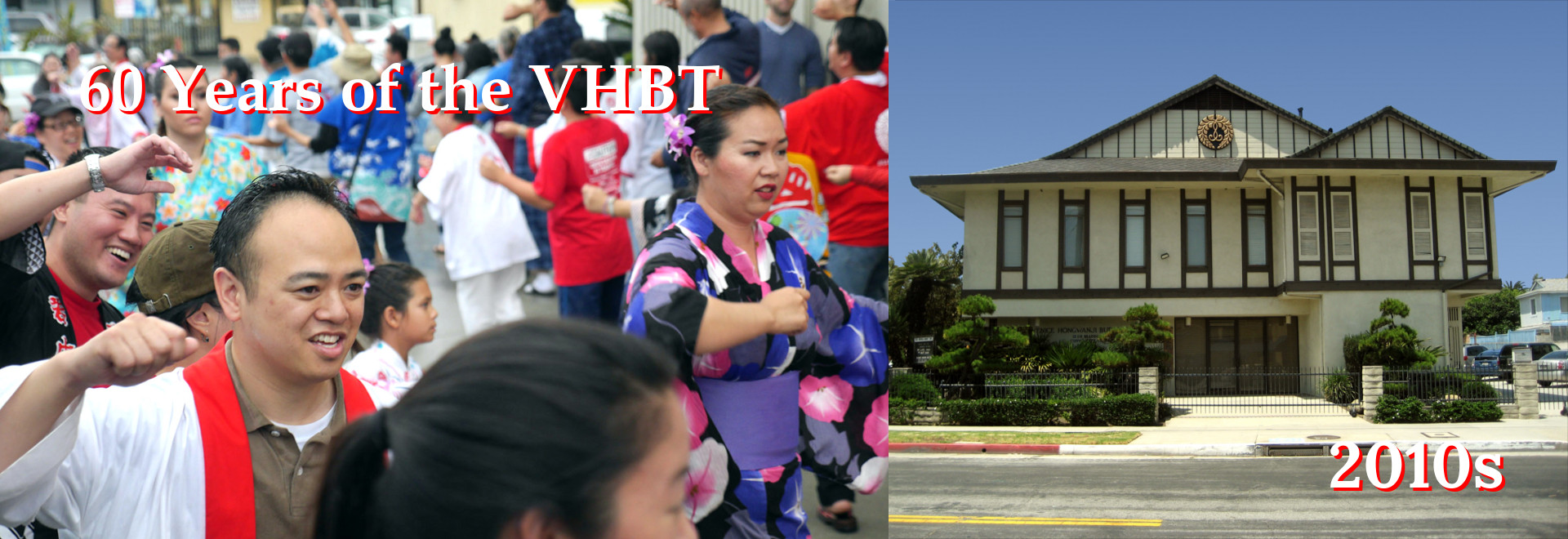Deep mind is the deeply entrusting mind. There are two aspects. One is to believe deeply and decidedly that you are a foolish being of karmic evil caught in birth-and-death, ever sinking and ever wandering in transmigration from innumerable kalpas in the past, with never a condition that would lead to emancipation. The second is to believe deeply and decidedly that Amida Buddha’s Forty-eight Vows grasp sentient beings, and that allowing yourself to be carried by the power of the Vow without any doubt or apprehension, you will attain birth.
(Collected Works of Shinran, Vol. 1, p. 85)
In Part 1, I talked about how religion in general all tries to help us to see the divine even in the mundane. It tries to help us to see the beauty in the everyday. Part of the way that religion tries to help us to do this, I also mentioned, is by helping us to see what is keeping us from seeing this beauty. It is here that I talked about why religion also talks to us about the “evil nature of man.” The passage that I quoted that begins part 2 is the passage on the two types of deep faith or nishu jinshin. This is one of the passages that lays the foundation for the Jodo Shinshu concept of akunin shouki or the evil person as the true object of salvation.
Why is it that Jodo Shinshu and Buddhism more generally has such a negative vibe? Why, for example, did Sakyamuni Buddha begin his Four Noble Truths with, “Life is suffering”? If Homer Simpson is “Mr. Everybody,” then should it come to anyone as a surprise why religion seems to be somewhat unpopular? On the other hand, however, given that it is probably safe to assume that our ancestors disliked hearing bad things as much as we do, how have these teachings survived for so long? What are these teachings trying to tell us that our ancestors could understand and that we have a hard time hearing?
One of the quotes that has made it into our popular psyche is “Failure is the key to success; each mistake teaches us something” by Morihei Ueshiba. A similar quote by a more recent athlete is, “The key to success is failure” by Michael Jordan. These quotes also have a very negative aspect. However, we do not focus on that part because if we know our sport’s heroes we know that they were not failures; they were successes. That we fail in our attempts to improve is now no longer something that can discourage us but becomes a new source of motivation and inspiration even if we are not able to perform at the level of Ueshiba or Jordan. We do not let this discourage us because we know it is possible to achieve; it is possible to improve. We are encouraged if we can be just a little bit closer to Ueshiba or Jordan.
Religion, contrasted to sport, is not concerned about making us a better athlete. Instead, it is focused on helping to make us a better human being. Buddhism attempts to do this by focusing on and eliminating what the Buddha has identified as the root cause of our problems or the ego. It is the ego that separates, divides, distinguishes, and discriminates. It is what separates us. It is what tells us me, myself and I is always justified, it is what distrusts, it is what will cause hurt in the fear that it may be hurt. Shinran Shonin’s dilemma, however, was that he could not get rid of the ego. In this circumstance, an utterly tragic one from the original perspective of Shinran Shonin, he was able to find the words written by Zendo Daishi quoted above. Through these words of faith, failure became success. Shinran Shonin was able to discover that he would be born in the Pure Land and become a Buddha himself, just as he was.
In ending Part 1 I ended with the image of a child in the loving embrace of a parent. The child has not changed. They still demand, they still get upset, they still worry and get hurt. But, while in the embrace of the parent, these things do not concern the child. They have become secondary issues. Put more personally, my life is not perfect. Despite constantly thinking things like this, I also discover that within Namo Amida Butsu it does not really matter that my life is not perfect in the many varied, temporary and selfish ways that I define “perfect” to be. It is is not important because within Namo Amida Butsu I have been made aware that my life matters: Amida Buddha has given me, myself and I permission to take a break.
Rev. John Iwohara
July, 2013
